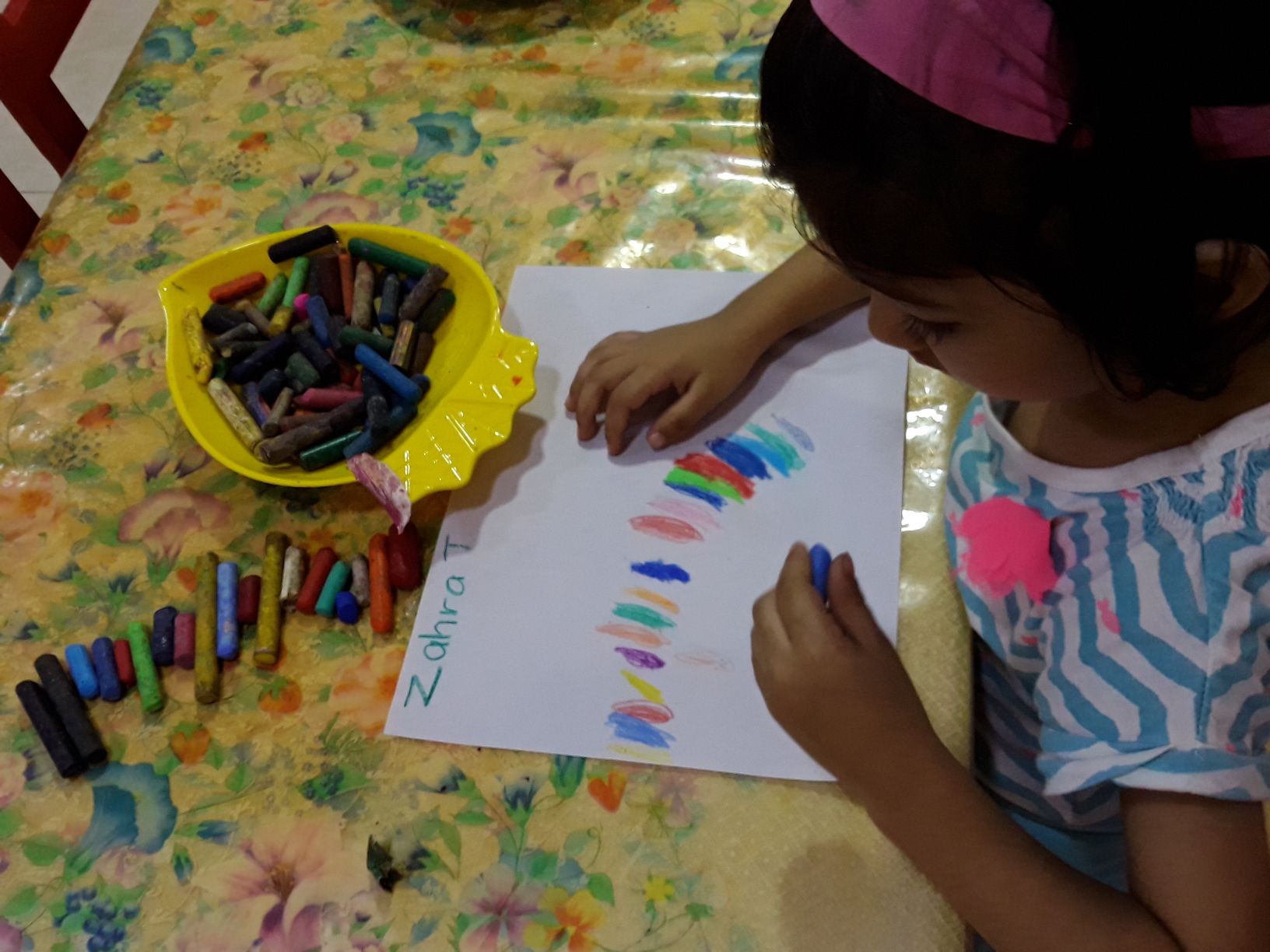4. The young child's body clock rhythm is not yet set to be able to cope with the daily regimen of structured school schedules. At home the young child's routine is comparatively flexible and set around his/her personal body clock. The child's body is not ready to follow the rigidity of external routine so early in life.
5. The young child is at the ego-centric stage. They are unable to see things from others perspective, and are not really ready to share toys or adult attention with other children in a playgroup set up. The child might even become aggressive if forced to share before he/she is really ready.
6. Little children cannot communicate their physical needs or express their feelings clearly. They often feel very helpless in a relatively strange environment. The pressure on them to conform to a standard of behaviour which may be quite different from that at home can be very unsettling.
7. Young children may not be completely toilet trained at this stage. They are usually in the process of getting toilet trained. Rushing them in the morning to get them ready for school may interfere with the toilet training process and the children may regress. This may give rise to health issues.
8. Children of this age have a unique way of learning. They are naturally curious and learn through exploration of their environment. They are not ready to follow adult instructions and participate in structured activities.

